Editorial 15th June 2023
AI has been much in the news lately and, for those who can remember 2001 A Space Odyssey with its controlling computer HAL, the prospect of computers developing apparently sentient powers is a frightening prospect. Clearly, some form of regulation would be desirable and software developers and politicians would do well to sit down and discuss what should be done. However the potential for AI to assist in education is undeniable. As an experiment, I asked Chat GPT to produce 20 GCSE multiple choice revision questions on Germany between the wars and it took just over a minute to produce appropriately sophisticated ones. The advantages for students in helping them with research or to get extra assistance is also evident. This was the beginning of the response to a question about how to solve quadratic equations:
To solve quadratic equations, you can use several methods, including factoring, completing the square, or using the quadratic formula. I’ll walk you through each of these methods
However, AI should only ever be a tool to assist, not a replacement for human thought. It should not be used to produce work which is then passed off as the student’s own and there are already programmes to detect this. As computers do more of the lower order tasks, the skills of evaluation, analysis, synthesis and discernment will become ever-more important. These higher order thinking skills, identified over 60 years ago in Bloom’s Taxonomy, will be what is most highly prized. These are the hardest to master and the most difficult for computers to achieve. Education will be vital to mastering these. Teachers, at least, need not fear that they will be out of a job anytime soon.
Wishing you all a good Shabbos.
Mrs Katherine Brice
Headteacher – Girls’

